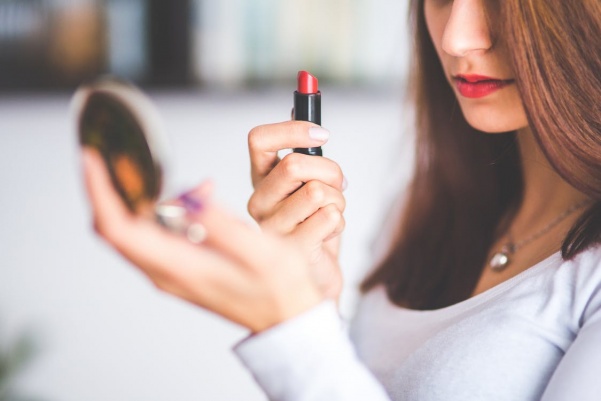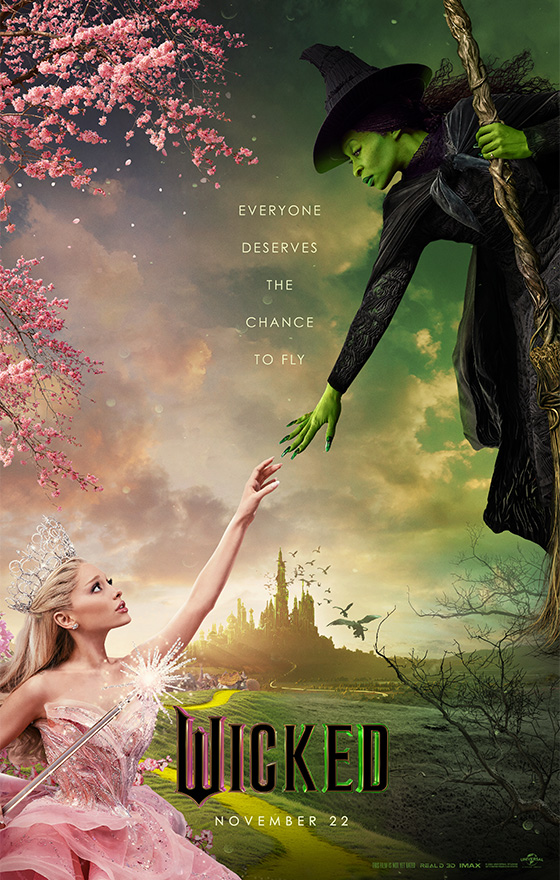KEARSTIN CANTRELL | Opinions Editor
Drugstore CVS recently made a commitment to ending its use of post-production alterations of CVS-generated beauty images by 2020, and it’s a huge step for womankind.
That included advertisements made for in-store use and for online marketing materials.
Part of this endeavor includes the company’s decision to add a “CVS Beauty Mark” to highlight images that have not been materially altered.
The company is defining materially altered as “changing or enhancing a person’s shape, size, proportion, skin or eye color, wrinkles or any other individual characteristics.”
I know to some people this might not seem like a big deal.
You might think:
“Why do women care? You know beauty advertisements are Photoshopped. Are you not smart enough to look beyond that fact when shopping?”
Yes, women know beauty advertisements are Photoshopped. But if you’re a woman, you know that that knowledge doesn’t matter when you walk down the beauty aisles of a store.
[perfectpullquote align=”left” cite=”” link=”” color=”” class=”” size=””]After 21 years of being shown nothing but images of women with blemish-free skin and no freckles in sight, you start to forget that that’s not what they look like in reality.[/perfectpullquote]
After 21 years of being shown nothing but images of women with blemish-free skin and no freckles in sight, you start to forget that that’s not what they look like in reality.
You no longer walk into stores and look at foundation advertisements and think, “She has clear skin and bright eyes, but I know it’s Photoshopped.” Instead, you walk by and go “Man, why don’t I have those clear skin and bright-eye genes?”
The point is that material alteration has become so commonplace that the comparison that can be so damaging to self-esteem has become subconscious and unavoidable.
A study done by clothing company New Look surveyed 2,000 women and found that “Fifteen percent of 18- to 24-year-olds surveyed were convinced that the images of models and celebrities in advertisements, magazines and billboards accurately depict what these women look like in real life.”
For many women, this subconscious thought process and comparison leads to major health issues.
According to the Huffington Post, three of the most common health issues among young girls (eating disorders, depression and depressed mood/self esteem) are related to how women are presented in the media.
Studies also show that adolescent girls are more afraid of gaining weight than getting cancer, losing their parents or nuclear war.
By eliminating material alteration, CVS is giving women, and some men, their subconscious thoughts back. Not only that, but they are also opening a door for beauty companies to normalize the use of images without these alterations.
Thank you CVS for giving us a chance to take back our thoughts, conscious and subconscious.







